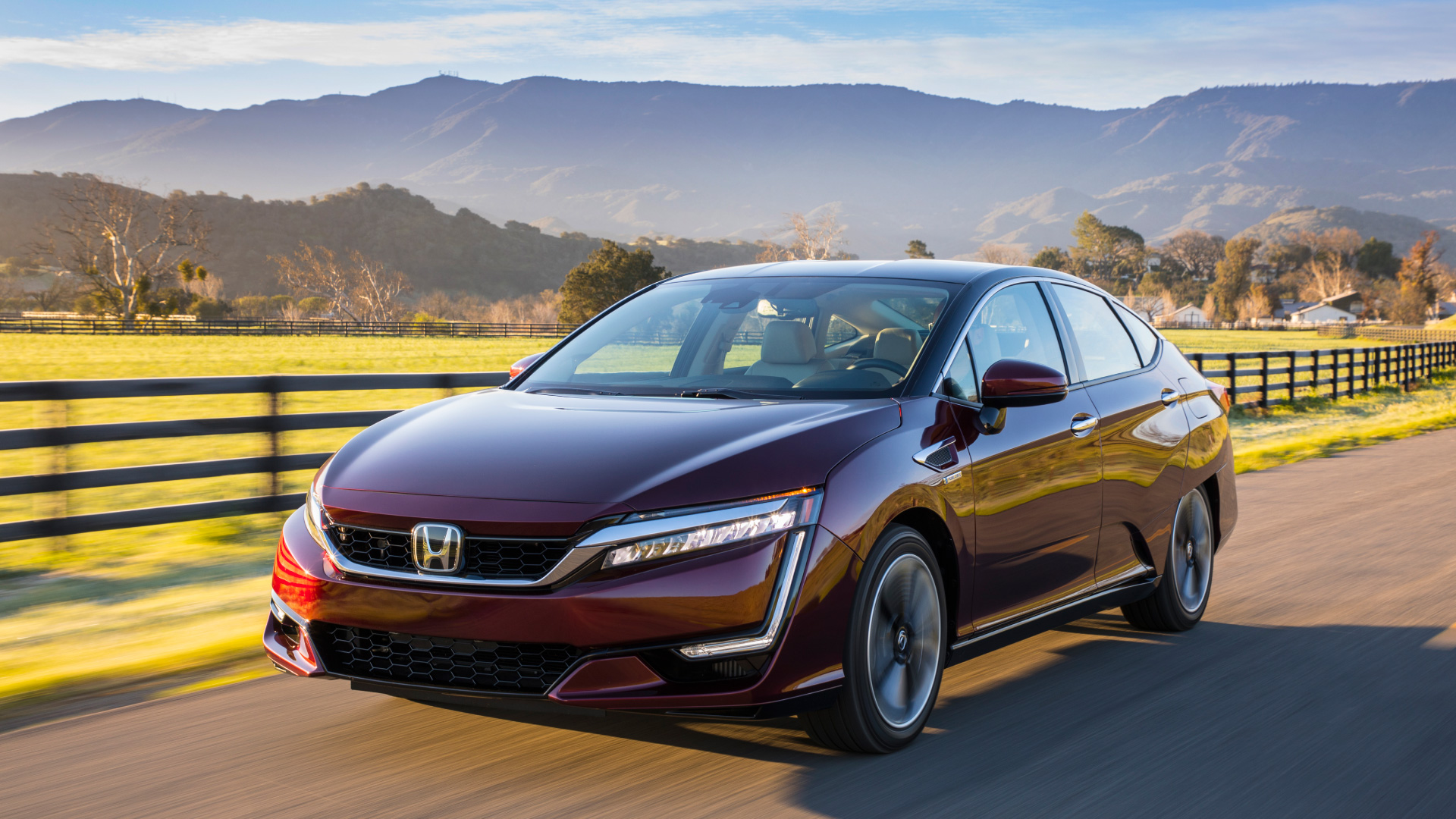

Hydrogen fuel-cell cars have several advantages over battery-powered electric vehicles. They tend to have longer ranges, and can be refueled quickly, like gasoline cars. But all those advantages are academic without large quantities of easily-accessible hydrogen.
Physicists at the University of Houston may be able to help in that area, however. A team of researchers claims to have discovered a new way to produce hydrogen that’s both cheaper and more efficient than current processes. If it pans out, this development could be a boon to fuel-cell cars.
The new process uses a nickel catalyst, which is much less expensive than the precious-metal catalysts currently used. The catalyst is used to split water into hydrogen and oxygen. In addition to being cheaper, the new catalyst is also more durable, lasting through more reaction cycles than other catalysts, physics professor and project member Zhifeng Ren said in a University of Houston press release.
A better catalyst could make the water-splitting process, also known as electrolysis, more attractive from a financial perspective.
Hydrogen is also produced through steam methane reforming and coal gasification, but both processes involve high levels of carbon emissions. Electrolysis itself is a cleaner process, although it requires electricity, which must be generated in a sustainable way in order to keep the carbon footprint of the hydrogen low.
Cheaper hydrogen is just one part of the puzzle for fuel-cell cars, though. For one, the infrastructure for distributing hydrogen is in its infancy. Fueling stations are few and far between, and there is no comprehensive support infrastructure to rival oil pipelines or the electrical grid.
That’s why, for now, fuel-cell cars are low-volume items. The Hyundai Tucson Fuel Cell, Toyota Mirai, and Honda Clarity Fuel Cell are only sold in California, because it’s the only state with enough fueling stations to keep drivers on the road. Hydrogen stations are much more expensive and more complex to build than charging stations for battery electric cars. So while the number of public charging stations ramped up relatively quickly after the launch of the first modern electric cars, it will probably take longer for hydrogen stations to spread.